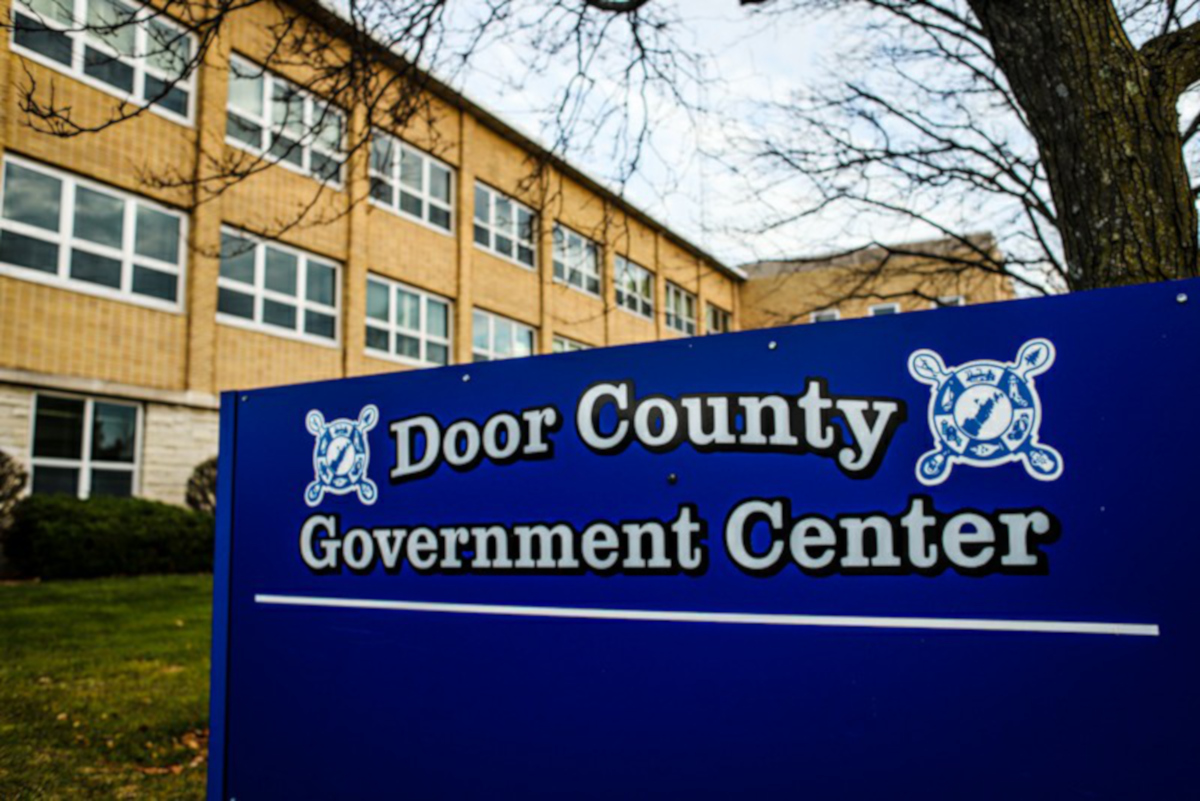At a June 10 Door County Health and Human Services Board meeting, HHS department director Joe Krebsbach updated the board on the county’s sober living facility plans, including daily cost estimates that are coming soon and some difficulty with finding a location for the facility. The board also approved funding requests to be sent to the county finance committee, specifically for $83,000 of federal funds to be designated for the project.
HHS has prioritized a local sober living facility as the number of Door County residents with needs related to substance use disorder has risen in recent years.
During the Covid-19 pandemic, the county received more than $5.3 million from the American Rescue Plan, a 2021 federal Covid relief law. Those funds were designated for a variety of projects.
HHS used the funding allocated to its department for a number of projects, including a series of grants to 11 local organizations such as United Way, The Boys and Girls Club and HELP of Door County. The county sober living project received $700,000 and HHS itself received $100,000 for general use, Krebsbach said in his report to the board.
The county finance committee is the governing body for the federal funding, and HHS is requesting that the $83,000 left from the original $100,000 for HHS general use be moved to the sober living project, Krebsbach said.
Earlier this year, the County Board approved a recommendation from HHS that the county hire CORE Treatment Services, a Manitowoc-based company that facilitates sober living development. CORE is performing a study and providing a structure for what is needed to open and manage a sober living facility specifically in Door County.
“We’re gonna start flying this plane and putting people on it.”
Health and Human Services Department Director Joe Krebsbach
Krebsbach said he met with CORE staff the week of June 17, received their report, and will be going over it with HHS staff to figure out what the daily costs will be to provide this program locally.
“We will have a dollar amount per day per individual,” he said, and that dollar amount does not necessarily need to be covered by a county tax levy. There are multiple ways to cover the daily rate, including providing services to capture revenue, securing grants, and opioid settlement funds available at the state level, according to Krebsbach.
Startup costs for things like furniture and other necessities for a sober living house will cost another $10,000 to $12,000, Krebsbach estimated, and some of the federal funding could be used for that. The rest would be reserved for as-yet unknown operating costs; the nature of the project requires the county and HHS to “build as we go,” he explained.
“We’re gonna start flying this plane and putting people on it,” Krebsbach said.
How many people is still a question. Right now, HHS is focusing on a female-only house because that is where it is seeing the most immediate need, according to Krebsbach, but HHS could easily fill a 12-bed facility for males and a 12-bed facility for females within the next six months.
One of the biggest challenges for the project has been, and remains, finding the space for it.
Ideally, said HHS Board chair Nissa Norton, the project would be new construction. Any existing building the county purchased would have to be retrofitted for compliance with the Americans with Disabilities Act, Norton said. Norton represents parts of the City of Sturgeon Bay on the County Board, as the district 12 supervisor.
However, she said, new construction is not cheap, land to build on is not cheap, and by the time any decision gets through the county government’s approval processes, the land would likely be gone already.
CORE and HHS have identified a few existing locations as options, but they are all tentative, Krebsbach said. A shortage of affordable housing in Door County is not only a problem for finding a location for a sober living facility, he said, but also a significant obstacle for residents of the facility once they are ready to live independently.
Some of his staff members are challenged to find affordable housing of their own, according to Krebsbach, and they do not have any strikes against them the way someone in sober living might. Criminal records, debts, and fines owed—combined with often spotty work history and mediocre income—means even fewer options for a place to live.
The county’s finance committee approved HHS’s requests for the $83,000 funds transfer at a June 18 meeting, Krebsbach said. He said he is anticipating having a proposal outlining specific costs of the project to present to the County Board some time this summer.

